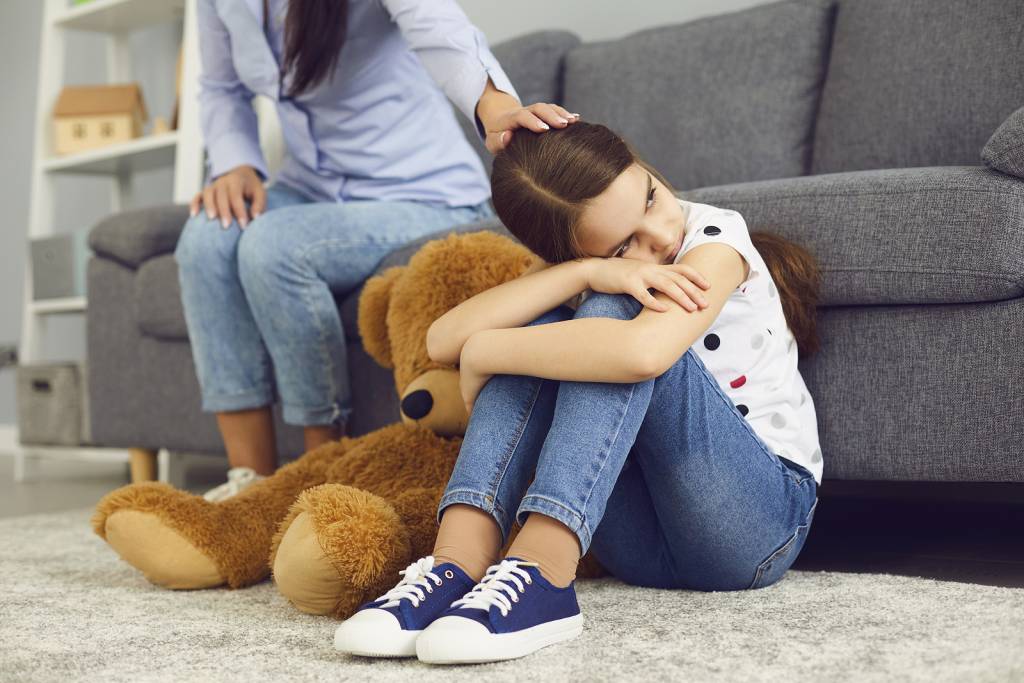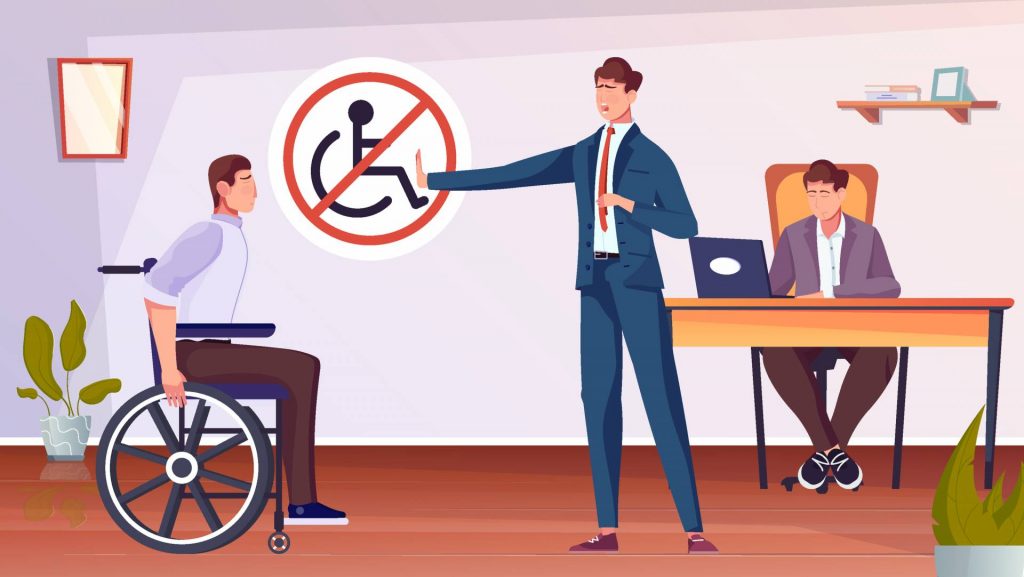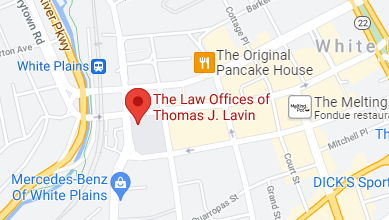There’s really no argument that drowsy driving is quite dangerous. It may not be immediately apparent, but driving while intensely feeling sleepy can be equally as dangerous as drunk driving. According to a study by the AAA in 2018, drowsiness is responsible for about 9.5 percent of car crashes in the US. This means lots of possibly avoidable deaths and personal injuries are caused by sleepy drivers. This is partly responsible for the increase in demand for Bronx personal injury attorney.
Whether or not road accidents occur could boil down to a split second decision. Swerving the car to avoid a straying pedestrian or hitting the break during a near collision are actions that require the driver to be on full alert. Being drowsy on the wheel significantly reduces alertness and decision making speed. This means, even while a sleeping driver is aware of an impending accident, his (or her) slow response time makes it nearly impossible to avoid an accident.
Apart from slow response time, making the right judgment when something is going wrong is equally critical. Being drowsy behind the wheel can impair your decision-making abilities as much as alcohol. As a matter of fact – if you haven’t slept for the past 24 hours – it’s equivalent to having a blood alcohol level of .10 which is higher than the allowed legal level of less than .80.
However, drowsy driving could be almost impossible to avoid for a lot of people. Even the most well-intentioned of drivers get stuck in the web of drowsy driving. Sleep may seem like a subtle natural force, but it sure has a thing for having its way when it wants. There’s almost no way to cheat sleep and get away with it. If you aren’t getting enough sleep, then you run a significantly higher risk of drowsy driving.
An average adult should have at least 7 hours of sleep daily. Unfortunately, millions of Americans who own and drive automobiles aren’t getting that much sleep. Sleep deprivation is undoubtedly one of the primary causes of drowsy driving. Getting enough sleep before hitting the road could turn out to be a lifesaver.
Avoiding Drowsy Driving
Considering the accompanying danger, it’s very important to avoid being asleep behind the wheels. While getting enough sleep works for a lot of people, some drivers still find themselves dosing off even when they get more than 7 hours of sleep daily. If you’re experiencing such a problem, it might be important to avoid driving for a while until you sort out yourself. But commercial drivers and people who drive themselves to work might find that a little hard to do.
So how exactly can you ensure your safety in such a scenario? Here are a few things that can help.
Get a medical check-up
It may not show apparent symptoms, but if you’re having enough sleep but still have a hard time staying awake behind wheels, you may be having a medical condition. For instance, obstructive sleep apnea – a popular sleep disorder, can reduce the quality of your sleep even when you’ve spent more than 7 hours at it. If you are having such a condition you might be more likely to feel tired while on the wheel.
Unfortunately, you might not even know you have a sleep disorder, so it’s usually a good thing to check in with a doctor for diagnosis if you feel something isn’t right. Proper diagnosis and treatment of sleep disorders should help you regain health as well as stay awake and alert while driving.
Avoid being too tired
Sleep deprivation may be the major cause of drowsy driving, but being overworked and tired is sure going to get you drowsy. Driving your car back from a long day at work is cool, but taking a taxi might be safer for you. If you do intense or strenuous jobs all day at your office it might be in your interest to avoid driving.
Similarly, if you’ve participated in any form of a sporting event like football, you may be very tired and unfit to drive as well. Such tiredness could be even more dangerous if you’ve had no time to rest and you go out driving at night. Tiredness could just be as big a risk as sleep deprivation, when behind the wheel. Before hitting the road, give yourself as much rest as you can and ensure to stay away from strenuous activities if you may need to drive soon.
Check your medications
If you’re having enough sleep, not suffering any sleep disorder and usually well rested but still having problems staying awake on the wheels – you should probably have a look at your meds. Many prescription or over-the-counter drugs are laden with substances that can make you quite drowsy. A lot of people are unaware of the side effects of medications like antihistamines, antidepressants, anxiety drugs, and muscle relaxers. These drugs are capable of inducing sleepiness, even much so when you’re driving – basically seated in the same position almost idle for a long amount of time.
Of course, there are other people who take sleep aids to help improve the quality of their sleep but don’t hide the instructions to sleep for about eight hours afterward. Doing this only invites big problems; drug-induced sleep could be even much more intense.
To avoid drowsy driving, make sure to equally avoid sleep aids if possible. If you’re suffering from health conditions that necessitate the use of sleep aids, strictly adhere to doctor’s instructions and sleep as much as possible before driving.
Drive with a companion
Even if you are well rested, driving hours and hours on long distance journeys could eventually make you tired and sleepy. When traveling on long distances, it is highly recommended to travel with a companion who can take the wheels while you take some minutes of rest.
Also, a companion can keep you engaged in a conversation, which increases your chances of staying awake. Going solo on a long distance journey could get you easily bored, tired and subsequently drowsy. Studies have shown that drowsy drivers are unable to notice that they are driving poorly. A companion is also in the best place to notice when your driving is becoming erratic and opt for taking turns.
Driving while being tired and sleepy makes you a danger to yourself, government properties and other road users. It could result in While a little dose of caffeine is a good way to stay awake and alert, it might not work well with everyone. Make sure to avoid as many things that could cause sleep deprivation or randomly induce sleep – stay awake and alert – and drive safely.








